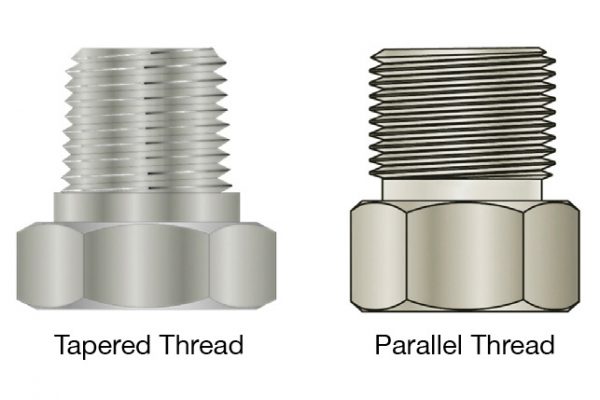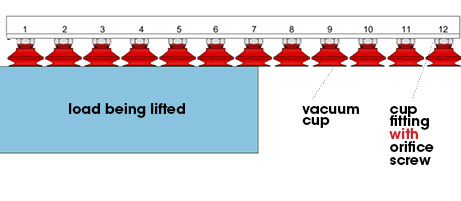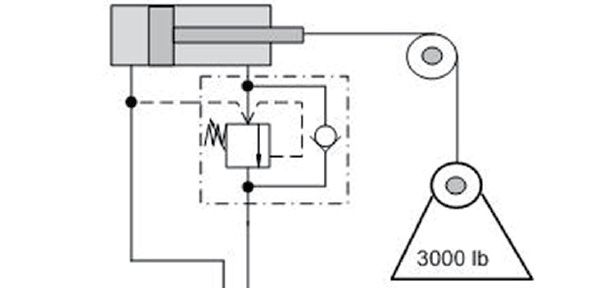Research to Watch: Polymer-Enhanced Fluid Effects on Mechanical Efficiency of Hydraulic Pumps
This column will bring you the progress of the pre-competitive research being conducted at member universities that are part of the CCEFP network. This research will help give insight into the future direction of fluid power.
The Center for Compact and Efficient Fluid Power (CCEFP) holds a monthly forum, highlighting research, workforce, and special topic presentations.
CCEFP is a network of fluid-power-research laboratories, academic faculty, graduate and undergraduate students at nine universities. It is also a National Science Foundation Research Center. For more information on CCEFP, visit www.ccefp.org.
Since 2014, the National Fluid Power Association (NFPA) Foundation has supported and is helping to expand the pre-competitive fluid-power-research activities of the CCEFP, dramatically increasing the number of institutions and students impacted by its research program. For more on NFPA, visit www.nfpa.com/aboutnfpa/missionfocus.aspx.

Presented by: Paul Michael, Researcher, Milwaukee School of Engineering, and Ashlie Martini, Professor, University of California-Merced
Institutions: Milwaukee School of Engineering and University of California-Merced
PURPOSE
To understand the relationships between polymer structure and mechanical efficiency in pumps, the research team examined the hydraulic efficiency, solution rheology, and molecular properties of polymers. Their goal was to bridge the gap between the fundamental behavior of polymer-enhanced fluids and the efficiency of fluid power systems.
PROGRESS
In a polymer-enhanced fluid, the polymer will elongate as shear stress increases. If the stress is severe enough, you will get fission in the polymer molecules, which leads to permanent viscosity loss. The preferred solution is to increase viscosity, which reduces leakage flow but also increases pump torque. The researchers choose to explore ways to reduce leakage flow without increasing torque by examining the chemistry and molecular structure of polymers.
Preliminary tests showed that despite the fact that the thicker fluid had a higher measure of efficiency in the pump, it took more input power to cycle the thicker fluid through the pump. Therefore, in order to save energy, the researchers needed to devise a way to improve the mechanical efficiency. In order to do this, the team turned their focus to experimental design to help develop machine models that could improve mechanical efficiency by reducing input power.
Using idealized fluids better suited for research purposes, the team examined polymers reaction to the fluids with different rates of viscosity. This allowed them to test the molecular dynamics of the polymers comparatively through orthogonal sampling and Latin-Hypercube sampling, and determine their next steps toward improving the mechanical efficiency.
NEXT STEPS
The research team chose to examine fluid density, viscosity and shear thinning via molecular simulation. This process allowed them to evaluate fluid performance under steady-state conditions. Upon completion, the team then increased test stand data acquisition and control system bandwidth in order to evaluate fluid performance under dynamic conditions as well.
What the research team found was that there was 8-10% lower efficiency under the dynamic conditions versus the steady-state conditions. After further examination, it was discovered that the difference is due to inertia and compressibility of the fluids, which cannot be measured under steady-state conditions. With that in mind, the team will continue to devise other strategies to improve mechanical efficiency, which when combined with improvements to volumetric efficiency, will improve overall efficiency in hydraulic pumps.







